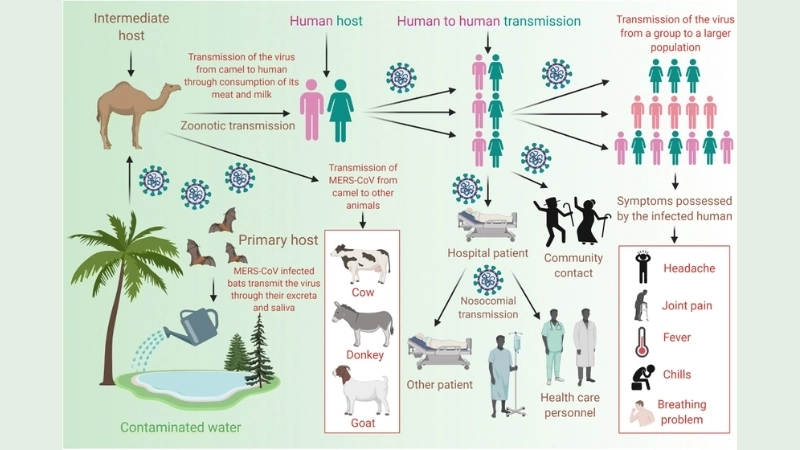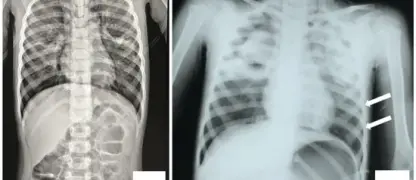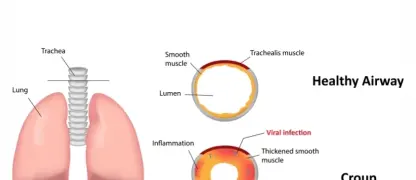Middle East Respiratory Syndrome (MERS) is a viral respiratory illness. Understanding its symptoms, transmission, and prevention is crucial to protect yourself and others effectively.
What are the main causes of middle east respiratory syndrome (MERS)?
- MERS is primarily caused by a virus from the coronavirus family, which spreads from infected animals to humans through close contact.
- Direct contact with camels, including handling or consuming raw camel products, significantly increases the risk of MERS infection.
- Human-to-human transmission can occur in healthcare settings when proper infection control measures are not strictly followed.
Key symptoms of middle east respiratory syndrome (MERS) to watch for
- Fever, chills, and severe cough often appear early and can indicate the onset of MERS in exposed individuals.
- Shortness of breath, difficulty breathing, and chest discomfort are common signs of severe respiratory involvement.
- Gastrointestinal issues, including diarrhea and nausea, may also occur alongside respiratory symptoms in some patients.

>>>See more: Understanding severe acute respiratory syndrome (SARS)
How can you prevent middle east respiratory syndrome (MERS) effectively?
- Avoid direct contact with camels and refrain from consuming raw camel milk or meat to reduce the risk of infection.
- Practice thorough hand hygiene and wear protective equipment in healthcare settings to prevent human-to-human transmission.
- Stay informed about local MERS outbreaks and follow public health guidance on travel and social distancing measures.
>>>See more: Recognizing early signs of parainfluenza virus infection
Image Description of Middle East Respiratory Syndrome (MERS)
Middle East Respiratory Syndrome (MERS) is a viral respiratory illness caused by a coronavirus, transmitted from camels to humans, with potential human-to-human spread in healthcare settings.








>>>See more: Understanding human metapneumovirus (HMPV) infection risks
Being aware of Middle East Respiratory Syndrome (MERS) can save lives. Follow hygiene guidelines, stay informed, and consult medical experts to minimize risks and prevent outbreaks.






